AI for recruiting is a hot topic in the job market today because it promises to make recruiting faster and fairer. AI automates the recruiting process and enhances it with various tasks. But like any new technology, it has its pros and cons.
Can we really trust machines to make such important decisions?
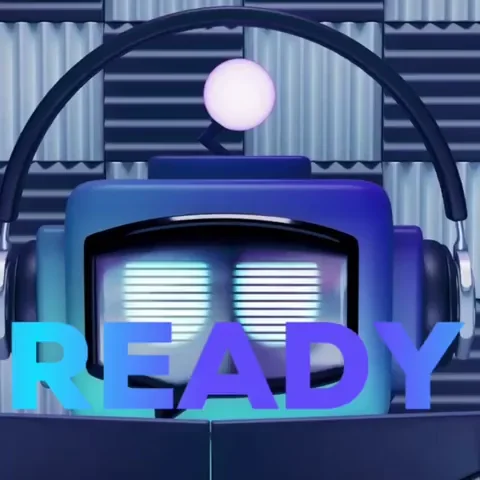
How is AI Used in Recruiting?
AI for recruiting:
Scans and sorts through thousands of resumes in seconds, finding the best matches for a job.
Conducts initial interviews through chatbots, which ask candidates basic questions and evaluate their responses.
Uses systems to analyze data from social media and professional networking sites to find potential candidates who might not have applied directly.
Helps schedule interviews and send follow-up emails.
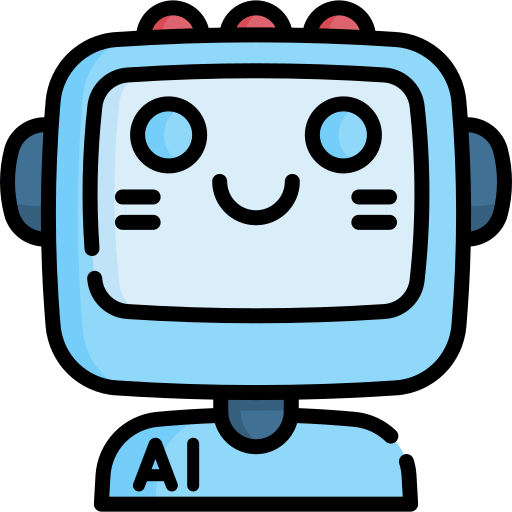
Pros of AI for Recruiting
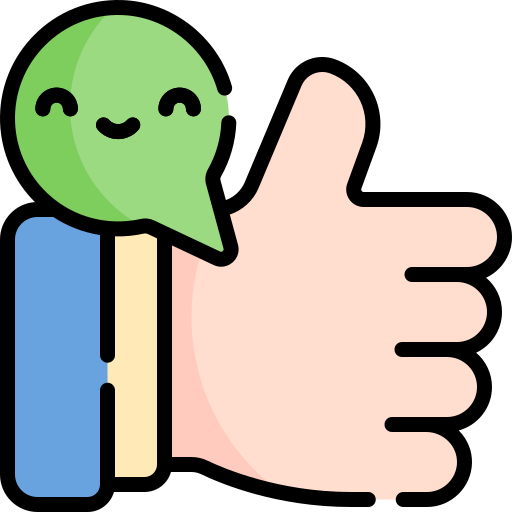
1. Efficiency and Speed
AI swiftly reviews hundreds of resumes and applications, identifying the best candidates in just seconds. This means companies can hire people faster and job seekers receive responses sooner. Recruiters can have a reduced workload, which allows them to focus on more strategic tasks.
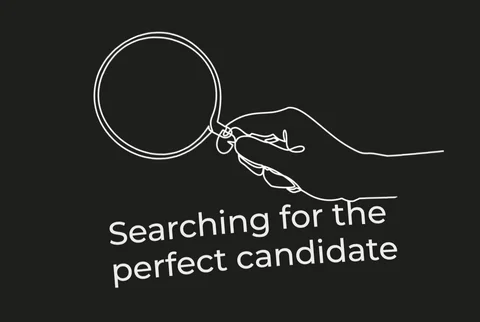
2. Consistency and Fairness
AI looks at each application the same way, without any personal bias. This can help ensure that everyone gets a fair chance, based on their skills and experience, not on their ethnicity, age, gender, or physical appearance.

3. Enhanced Candidate Experience
Job seekers often complain about long wait times and lack of communication. AI can provide immediate feedback and updates, making the application process smoother and more transparent.
Cons of AI for Recruiting
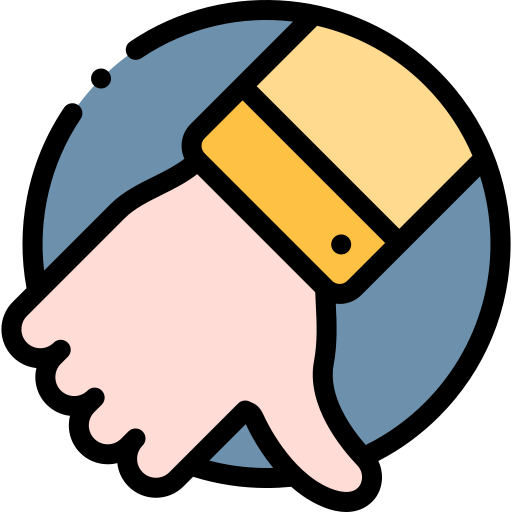
1. Missing Human Presence
AI is great at handling data but it can't replace the personal connection that comes from human interaction. Candidates might feel like they're just numbers in a system, rather than real people.

2. Bias in Algorithms
Even though AI for recruiting aims to be fair, it can still inherit biases from the data it's trained on. If the data is biased, the AI can make biased decisions, perpetuating existing inequalities.
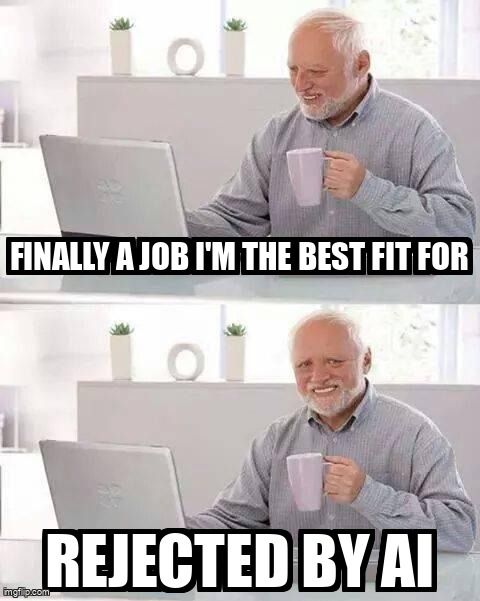
3. Technical Glitches
No technology is perfect. AI systems can have bugs or errors, which might cause qualified candidates to be overlooked. Relying too much on technology can be risky.

4. Privacy Concerns
AI systems handle a lot of personal data, which can raise privacy issues. There are always risks of data breaches and the misuse of sensitive information.
Finding the Middle Ground
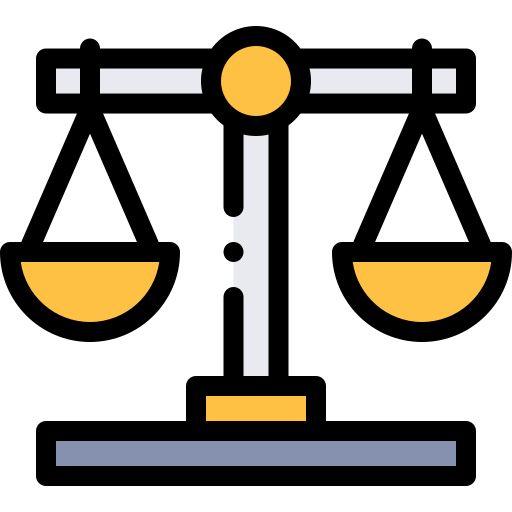
AI for recruiting has its ups and downs. It can make the hiring process faster and fairer, but it also comes with risks like bias and technical issues. As AI continues to evolve, it’s important to find a balance and ensure that the human element remains in hiring.
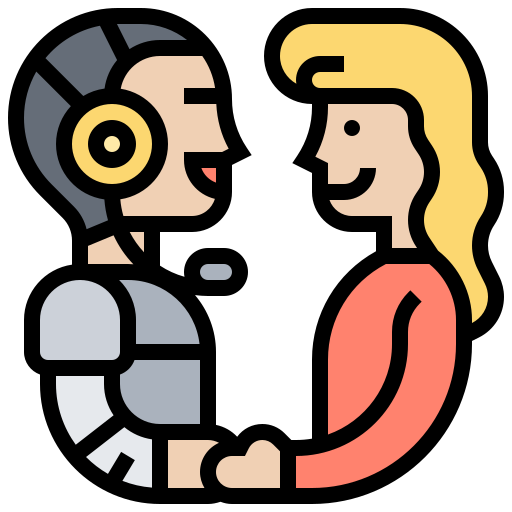
The best approach might be to combine AI for recruiting with human judgment. While AI can handle the initial screening, humans can take over for the final decisions. This way, companies get the best of both worlds: efficiency and personal connection.
Scenario: HR Department
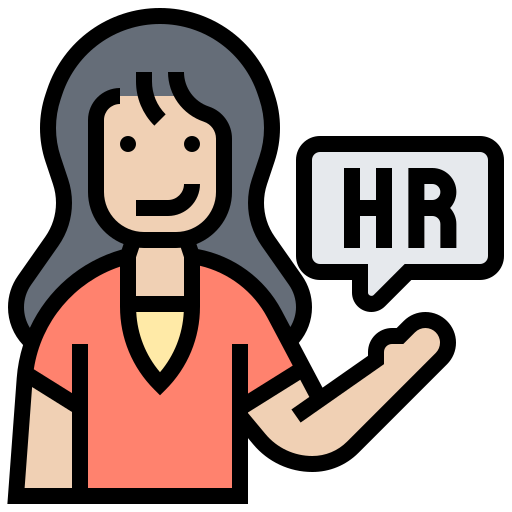
Allison is the head of the HR department at a large tech company. She receives thousands of applications for every job opening, and it’s becoming challenging to manage the workload. She’s considering implementing AI in her recruiting process.
What would be her best approach to using AI for recruiting?
A. Implement AI to handle all stages of the hiring process to maximize efficiency.
B. Use AI for resume screening and interview scheduling, but carry out the interviews and make the final decisions herself.
C. Avoid using AI completely to maintain a personal connection with all candidates.
Quiz
Choose the best option.
Take Action

Your feedback matters to us.
This Byte helped me better understand the topic.
